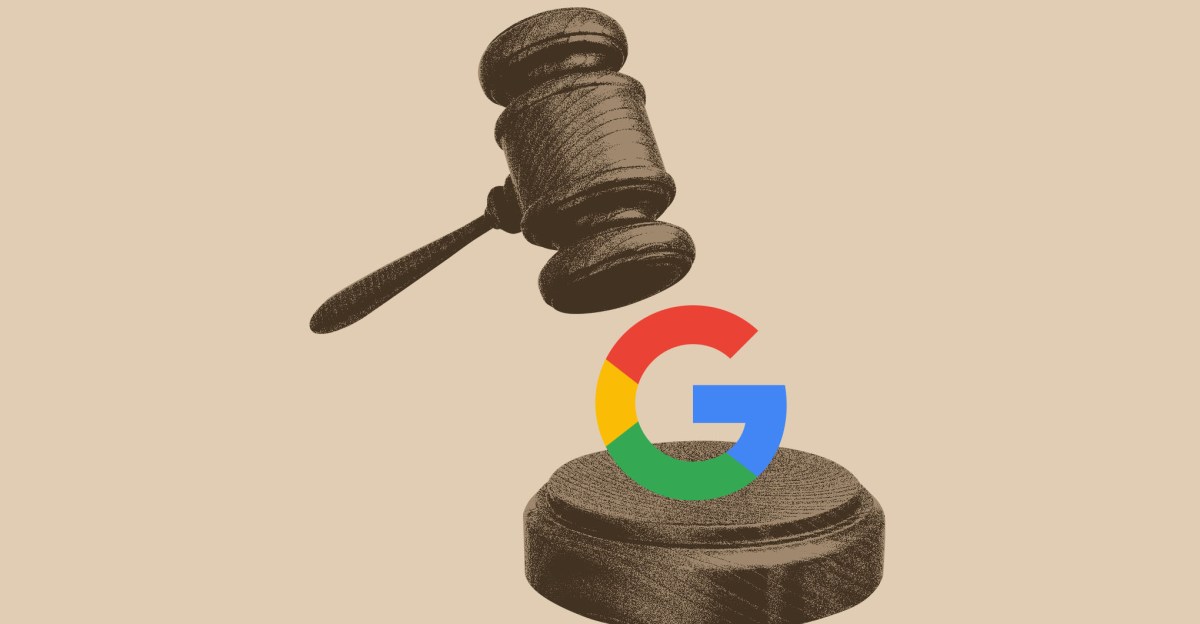Penske Media Corporation sued Google claiming AI Overviews divert roughly 20 percent of searches, causing steep drops in affiliate and ad revenue. The case could force licensing, reshape AI search, and push publishers to diversify traffic and monetize differently.

Meta Description: Penske Media sues Google over AI Overviews, claiming the feature cuts traffic by 20 percent and threatens publisher revenue. This landmark case could reshape AI search.
What happens when artificial intelligence starts to consume the very reporting it was built to highlight? Penske Media Corporation filed a federal lawsuit against Google on September 14, 2025, arguing that Google AI Overviews are diverting traffic and undermining publisher revenue. According to the complaint, roughly 20 percent of searches that previously led users to PMC sites now show an AI Overview instead, creating more zero click searches and eroding organic traffic that publishers depend on.
Google introduced AI Overviews to provide concise AI summaries at the top of search results, aiming to boost search visibility and improve the user experience. For users this can be helpful, but for publishers it can be devastating. Historically search drove a large share of visits to news sites and powered ad and affiliate income. Now, as AI summaries answer queries directly, publishers are losing referral traffic and the ability to monetize that attention.
This case is about more than a single publisher. If the court favors PMC, Google may need to change how AI Overviews are generated, add clearer attribution and links, or even negotiate licensing deals with publishers. That would alter the economics of AI search and could create new revenue models for content creators. The decision could also influence other AI companies and encourage preemptive licensing or industry agreements.
Publishers of all sizes should take note and act now to protect revenue and future proof their businesses. Practical steps include:
The complaint combines copyright and antitrust claims, arguing Google may be free riding on publisher investments while leveraging its search dominance. A ruling for PMC could mandate licensing, change attribution norms, or require technical changes to how AI Overviews source and display information. That would have cascading effects across the industry, potentially empowering smaller publishers and altering where advertisers find audiences.
Penske Media's lawsuit highlights a central tension in the modern web: how to reconcile AI driven convenience with fair compensation for original journalism. Publishers must respond strategically to protect revenue, optimize and adapt SEO for AI driven summaries, and pursue diversification. Discover how to protect your publisher revenue and future proof your content strategy as this legal fight could redefine how AI systems interact with published work and where audiences are found.



